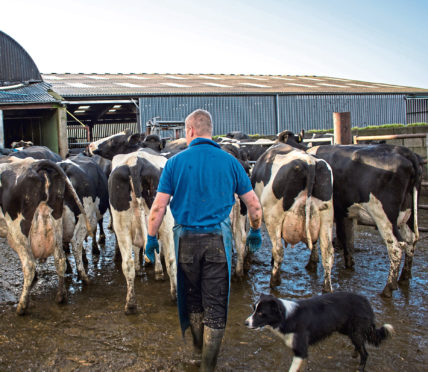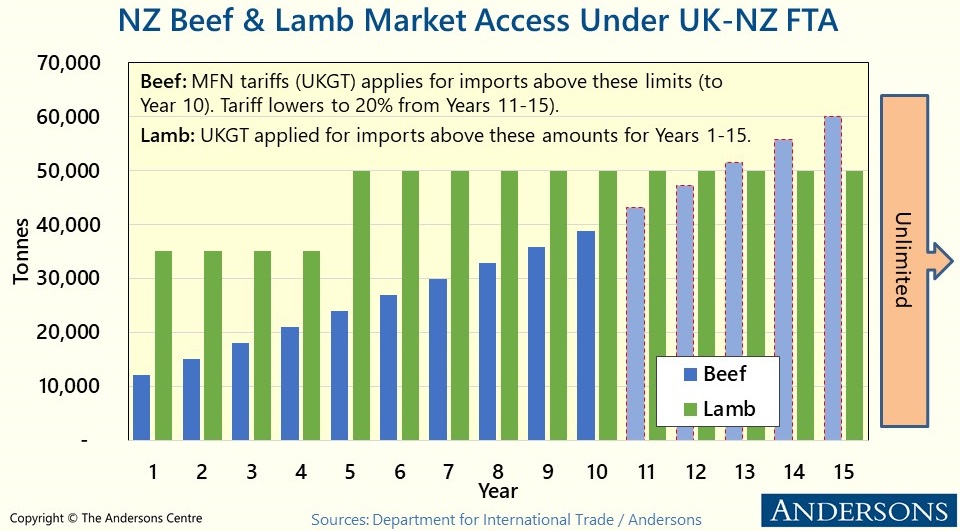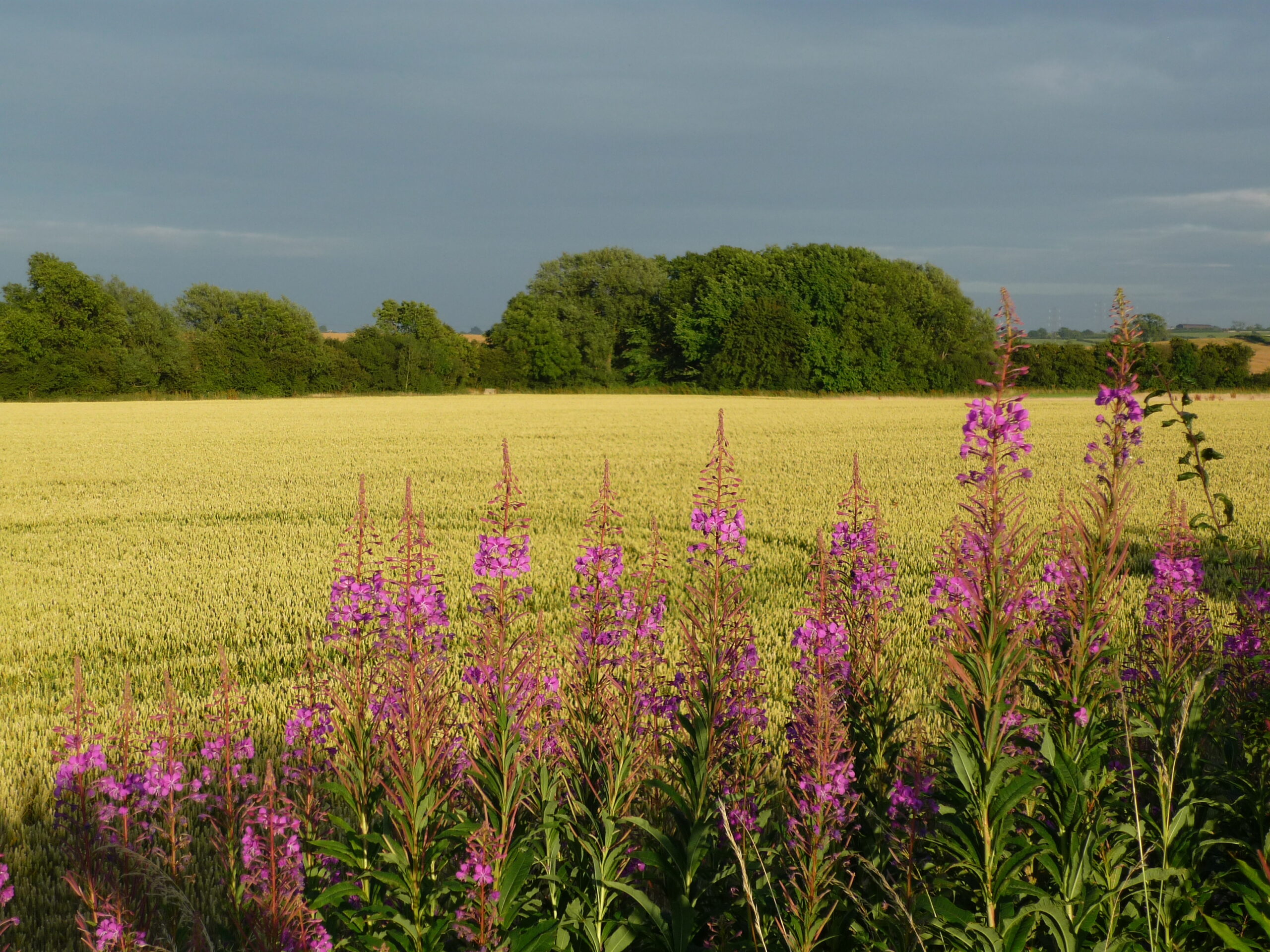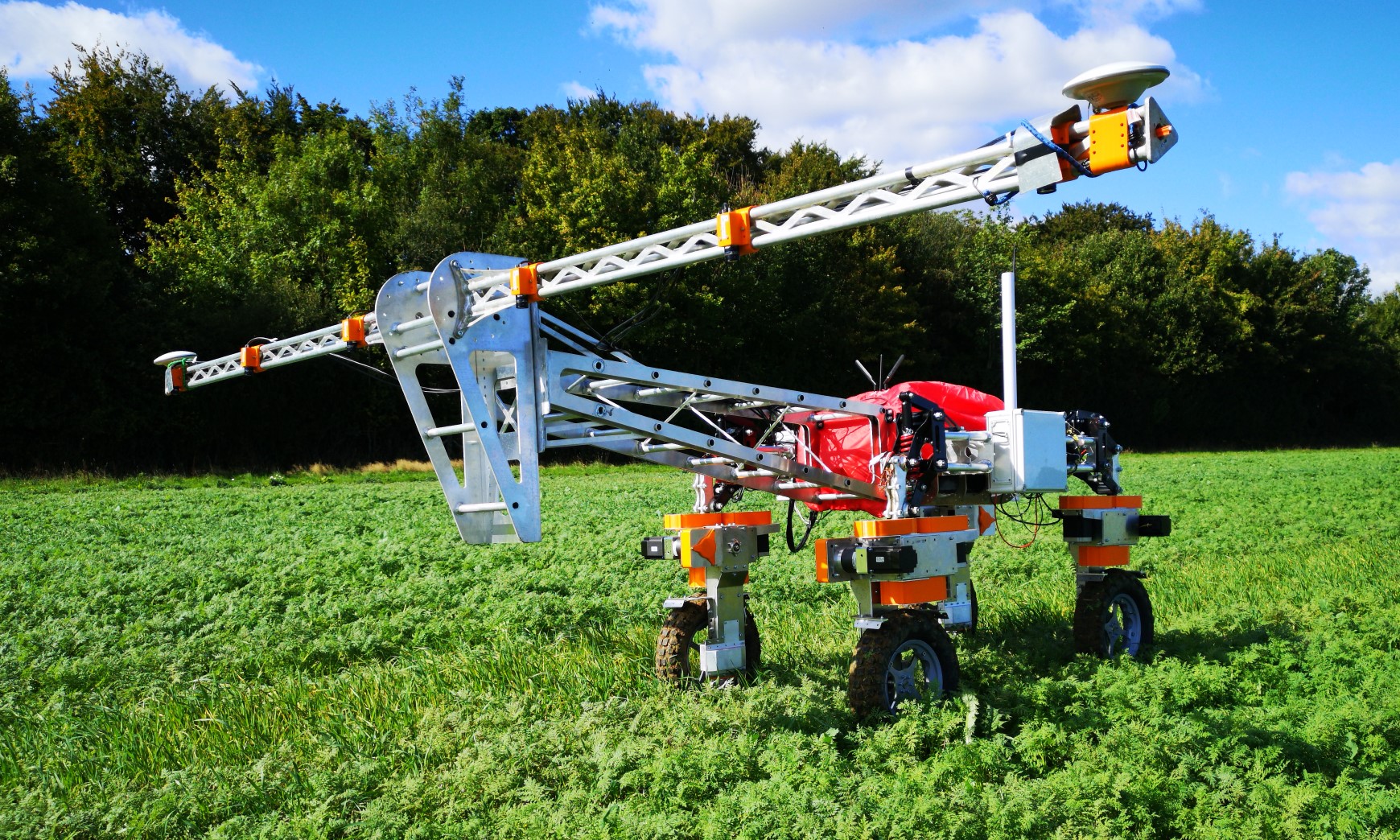In his second Budget of 2021, the Chancellor, Rishi Sunak set out the Government’s tax and spending plans with the twin aims of stabilising the Government’s finances post-Covid and also promoting the ‘levelling-up agenda’. Ahead of COP 26 in Glasgow there were also some nods to environmental action. Much to the annoyance of the Speaker of the House of Commons, a large number of the headline measures had been announced in the Press beforehand.
The speech was more significant than usual. Not only did it contain the normal Budget-type measures, it also contains the results of the Comprehensive Spending Review (CSR). This sets Government Department’s budgets for the next three years.
As usual, the Chancellor set out the latest economic forecasts from the Office of Budget Responsibility (OBR). These predict economic growth in 2021 will be 6.5%. This is a sharp increase on the 4% forecast at the time of the Spring Budget – the OBR has concluded that the economic ‘scarring’ from Covid has been less severe than expected. Growth in 2022 is put at 6.0% before falling to 2.1% in 2023. With the economy shrinking 9.8% in 2020 due to Covid, it will be the middle of next year before activity returns to its pre-Covid level. The biggest economic issue in 2022 looks set to be inflation. The forecast for CPI is a rate of 2.3% for the current year. For 2022 the OBR has a central forecast of 4% and it states there is a strong chance it could be as much as 5% – the highest level in three decades.
The main items of interest from a farming perspective (including some of the policies announced pre-Budget) are;
- Under the CSR, Defra’s budget will rise 5.3% in real terms between 2021/22 and 2024/25.
- As announced in September, there will be a new Health and Social Care Levy. From April 2022 this will see the rates of National Insurance rise by 1.25% for both employers and employees. This will apply to both Class 1 and Class 4 contributions. From April 2023, NI will return to its current rates and the 1.25% will be collected by a separate levy (which will also apply to the earnings of state pensioners who are still working).
- The taxation of Dividends will also rise by 1.25% on each of the three rates in April 2022.
- The National Living Wage will rise by 6.6% to £9.50 per hour from the 1st April 2022. Rates for those aged 21-22 will increase to £9.18. Clearly, the rise in the NLW plus that in NI will make employment costs much higher from next spring.
- The Annual Investment Allowance (AIA) for plant and machinery will remain at its higher level of £1m for an extra year until 31st March 2023.
- Business Rates (in England) will be frozen and there will be a 50% discount for retail, leisure and hospitality businesses. The wholescale review of the Business Rates system has been postponed.
- The Shared Prosperity Fund (SPF) which is designed to replace EU Structural Funds (and an element of Rural Development funding) will finally be launched in 2022. However, funding in the first year of £0.4bn will be substantially less than that previously received from the EU(£1.5bn). There will also be no ring-fencing of funds for rural areas.
- There was no announcement on major rail schemes such as HS2 or Northern Powerhouse rail which would have a big effect on landowners in the midlands and the north. Details will be announced in the forthcoming Integrated Rail Plan.
- There will be reform of alcohol duties including extending the small-producers’ relief to other products apart from beer (e.g. cider).
- Fuel Duty has been frozen and there is no change to the Red Diesel rebate.
- Various announcements were made on housebuilding including a new 4% additional tax rate on the profits of large housebuilding firms.
- In terms of the environment, many previous pledges were reiterated in the Budget. This includes designating 30% of England’s area for nature by 2030 (’30 by 30′) and funds for tree planting and peat restoration. Interestingly, as well as Government money, there is a new target to raise at least £500 million in private finance to support nature’s recovery every year by 2027 in England, rising to more than £1 billion by 2030. This will be supported by a range of measures, including £30 million public investment in a Big Nature Impact Fund, as well as £140 million to assess the extent and condition of the country’s natural habitat.
More details are in the Budget documents available here – https://www.gov.uk/government/publications/autumn-budget-and-spending-review-2021-documents










